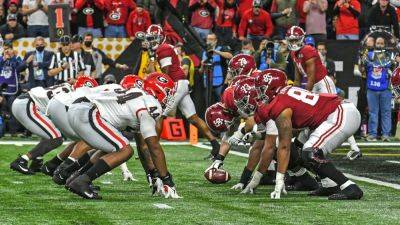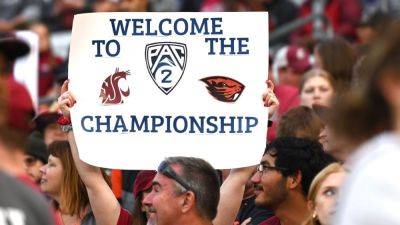Athletes granted class certification in antitrust case vs. NCAA - ESPN
A federal judge granted class certification to three different groups of college athletes Friday in an ongoing antitrust case against the NCAA, a decision that significantly increases the potential financial penalties the NCAA could face if it continues its losing streak in federal court.
The lawsuit, known as House v. NCAA, was initially filed in 2020 by Arizona State swimmer Grant House and TCU basketball player Sedona Prince (then at Oregon) and was later combined with a separate complaint filed by former Illinois football player Tymir Oliver. After Friday's ruling, those three athletes now represent more than 10,000 of their peers who played Division I sports at some point between 2016 and present day.
The athletes and their attorneys argue that the NCAA's rules illegally block them from maximizing the amount of money they could be earning from selling the rights to their name, image and likeness. If the athletes are successful in court, the NCAA could be responsible to pay billions of dollars in damages.
Steve Berman, one of the lead attorneys representing the athletes in the case, called Friday's ruling a «huge step» for athletes looking to share in the revenue they help to create.
«We are hopeful that this lawsuit will usher in a new era of college sports — one which players will recall as a monumental shift that finally leveled the playing field,» Berman said in a statement Friday night.
The House case represents a major financial threat to the NCAA and is one of several current legal challenges aimed at trying to force the association to change its business model. A string of federal antitrust lawsuits in the past decade have been largely successful at chipping away different parts of the NCAA's long-held








